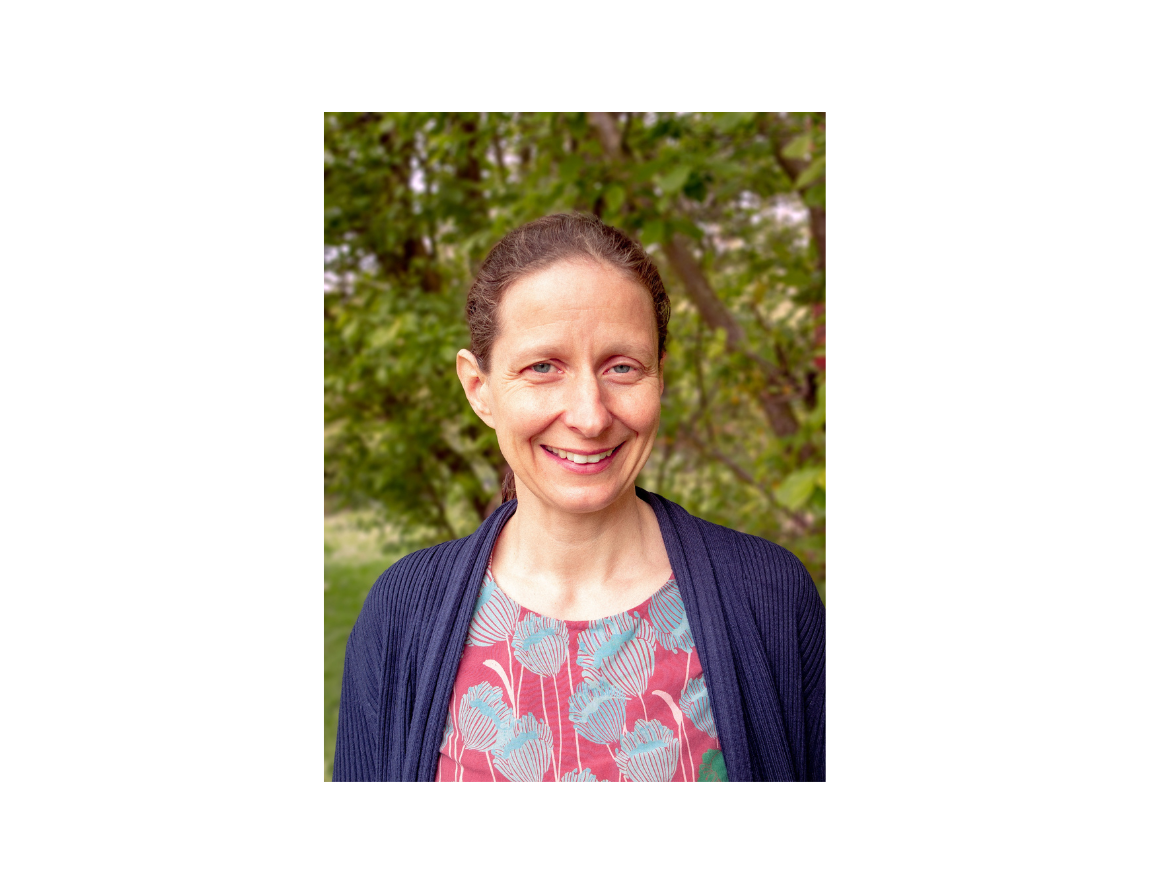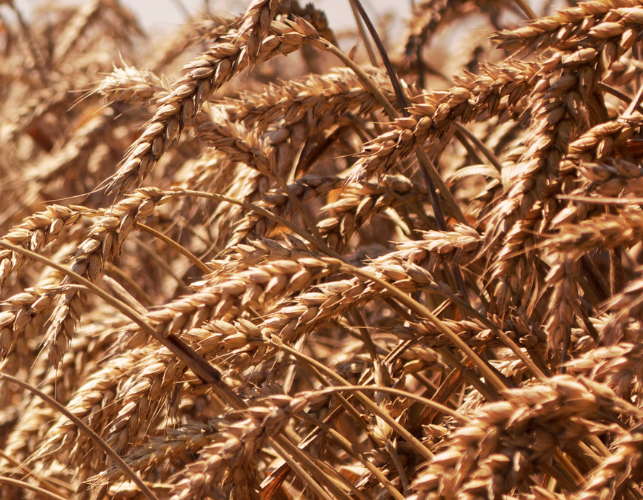To mark Creationtide (1 September–4 October), Ruth Bancewicz, church engagement director at The Faraday Institute for Science and Religion, reflects on Psalm 19 and how we should care for God’s amazing creation.
22 September 2024
The heavens are telling the glory of God, and the firmament proclaims his handiwork.
Psalm 19:1 (NRSV)
God’s amazing universe
Last month scientists published evidence for huge amounts of liquid water deep below the surface of Mars. If measurements from the InSight rover (which landed on Mars in 2018 and was operational for four years) are representative, there could be a layer of fractured rocks containing water between 11.5 km and 20 km below the surface of the entire planet. This volume would be more than enough to fill the empty oceans on the surface. Given that life has been found at least 5 km below the surface of Earth, it’s not too far-fetched to wonder whether some kind of microscopic life exists in this layer of water and rock.
Some of us get excited about the prospects of finding life on another planet, both for its own sake and because it would help us to learn more about life on Earth. But perhaps there’s also something to worry about here. How can we look after life on another planet when we can’t even take care of our own? Earlier in August, record fines were announced for three water companies that allowed huge sewage spills into rivers and oceans. If some people are contemplating tapping into groundwater to support expeditions to Mars, as the scientists mention in their article, the prospects of similar contamination taking place are horrifying.
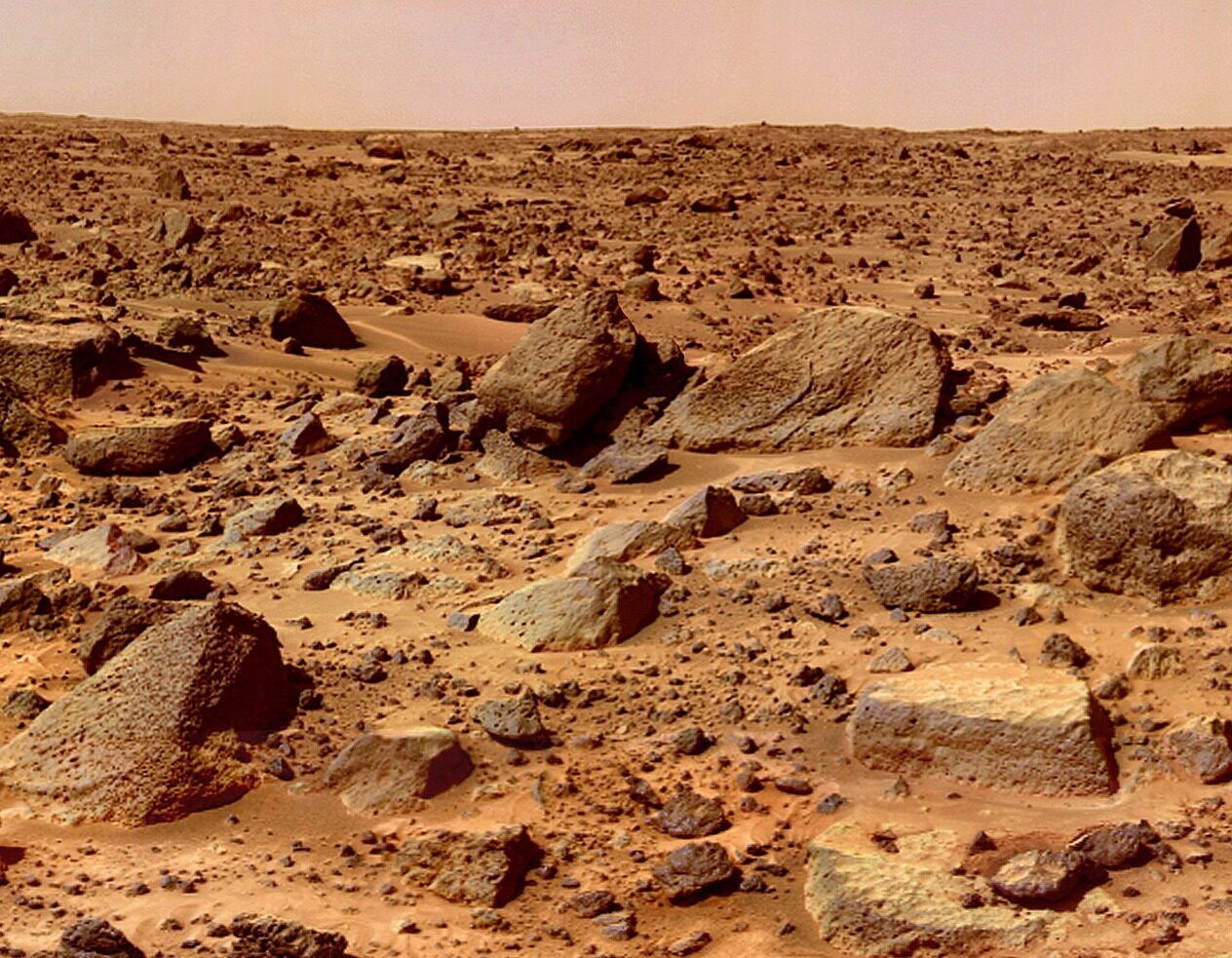
How can we look after life on another planet when we can’t even take care of our own?
A duty of care
Psalm 19 is often shared alongside beautiful images from NASA’s space telescopes, facts and figures about our amazing universe, and a general sense of awe and wonder. Astronauts often come back from their trips with what has been called the ‘overview effect’ – a renewed sense of the beauty, unity and fragility of everything on Earth. For some this involves changes in their awareness of the need to care for creation, and acting on that conviction when they return. Walter Brueggemann and William Bellinger make a similar link in their commentary on Psalms: because Psalm 19 paints such a clear picture of God’s amazing creation praising him, we are prompted to ask how humanity can take care of it.
The rest of the psalm focuses on God’s law (vv. 7–11) and our response to it (vv. 12–14). Throughout the Old Testament there are links made between God’s relationship with the land and his people, and between his people and the land, so that they form a triangle. So when people disobey the law, it’s not just their relationship with God that suffers, but also their relationship with the land. The prophet Hosea speaks of the land mourning and animals dying because of human sinfulness (Hosea 4:1–3). A similar message is given in Micah, Amos, Isaiah and Jeremiah (Micah 7:13; Amos 5:11; Isaiah 24; Jeremiah 12:4). These words resonate with Proverbs 1:20–33, where the woman Wisdom warns people that calamity will come on them if they ignore her advice.
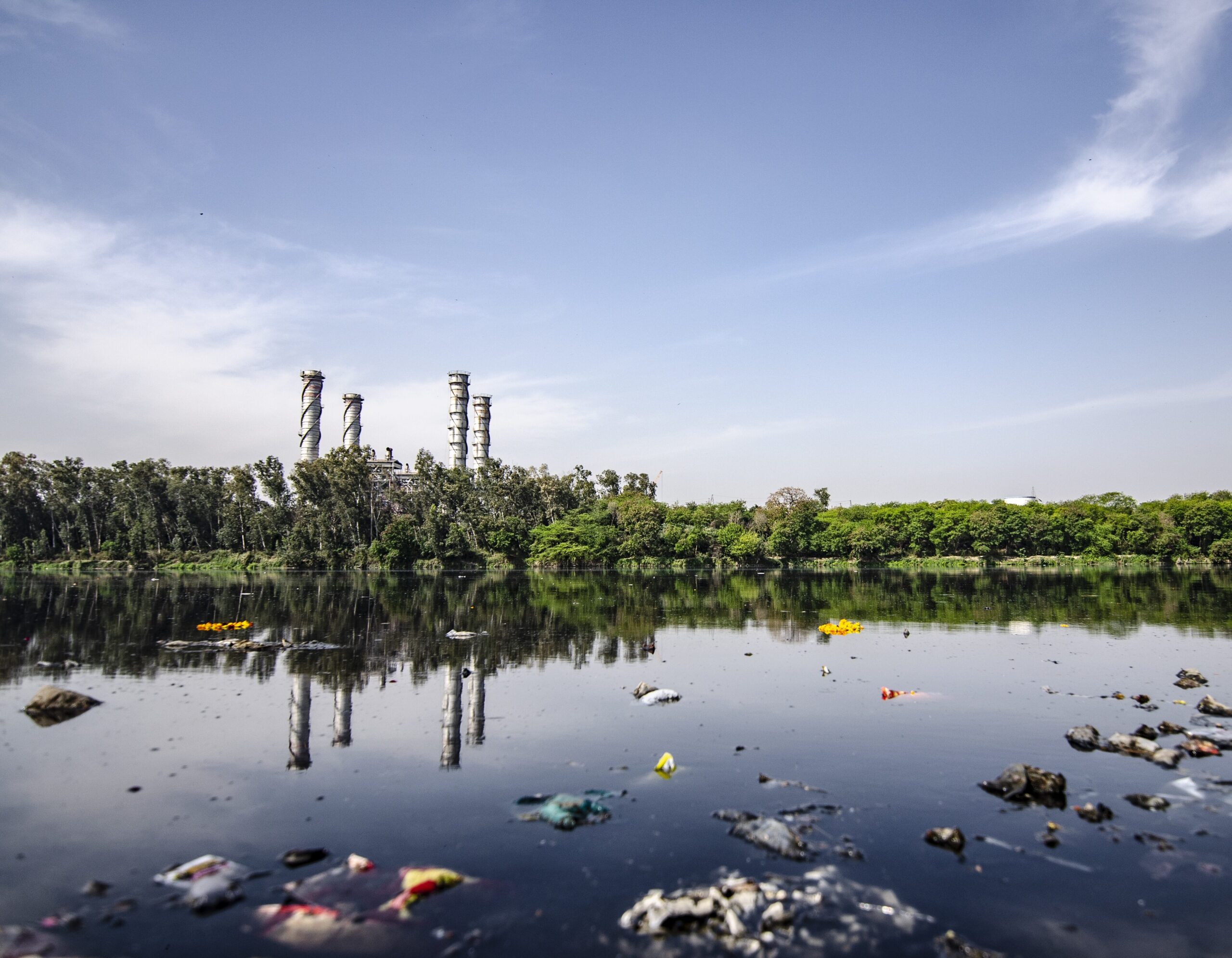
When people disobey the law, it’s not just their relationship with God that suffers, but also their relationship with the land.
Rejoicing and reward
In contrast, the consequences of following the law in Psalm 19 are a revived soul, wisdom, rejoicing and reward. When our relationship with God, people and land is good, everything flourishes. Obeying God today means following Jesus. This calling isn’t something we’ll get perfectly right, but with his Spirit working to guide us and help us change, the vision of Psalm 19:7–10 comes into reach.
Most of us are unlikely to be involved in taking care of Mars or cleaning up the debris of past space missions, but we can all do something for Earth. Resources such as Project Drawdown can help identify some of the biggest ways to have an impact, for example where you get your energy from or what you eat. Some solutions, like changing agricultural practices or moving to renewable energy sources, are things we can lobby for, while others, such as how you travel or what you buy, are often more personal choices.
While the Bible is clear about our mandate to care for creation (Genesis 2:15), it doesn’t tell us exactly how to carry it out. Everyone’s solution is going to look a bit different. Some might find ways to lobby government for change; others get to teach the next generation. People with family very far away may not be able to cut out flying, but they might walk, cycle or take public transport to work rather than drive. Those with gardens and time can grow some of their own fruit and veg. Others could find out what food types are better for the planet, or source sustainably produced groceries from local shops. Some people would question whether we should be doing space exploration, and others feel it would be a waste not to explore the amazing universe we inhabit. What is clear is that when the air is clean and light pollution is kept to a minimum – however and whenever that happens – we can see the heavens declaring the glory of God.
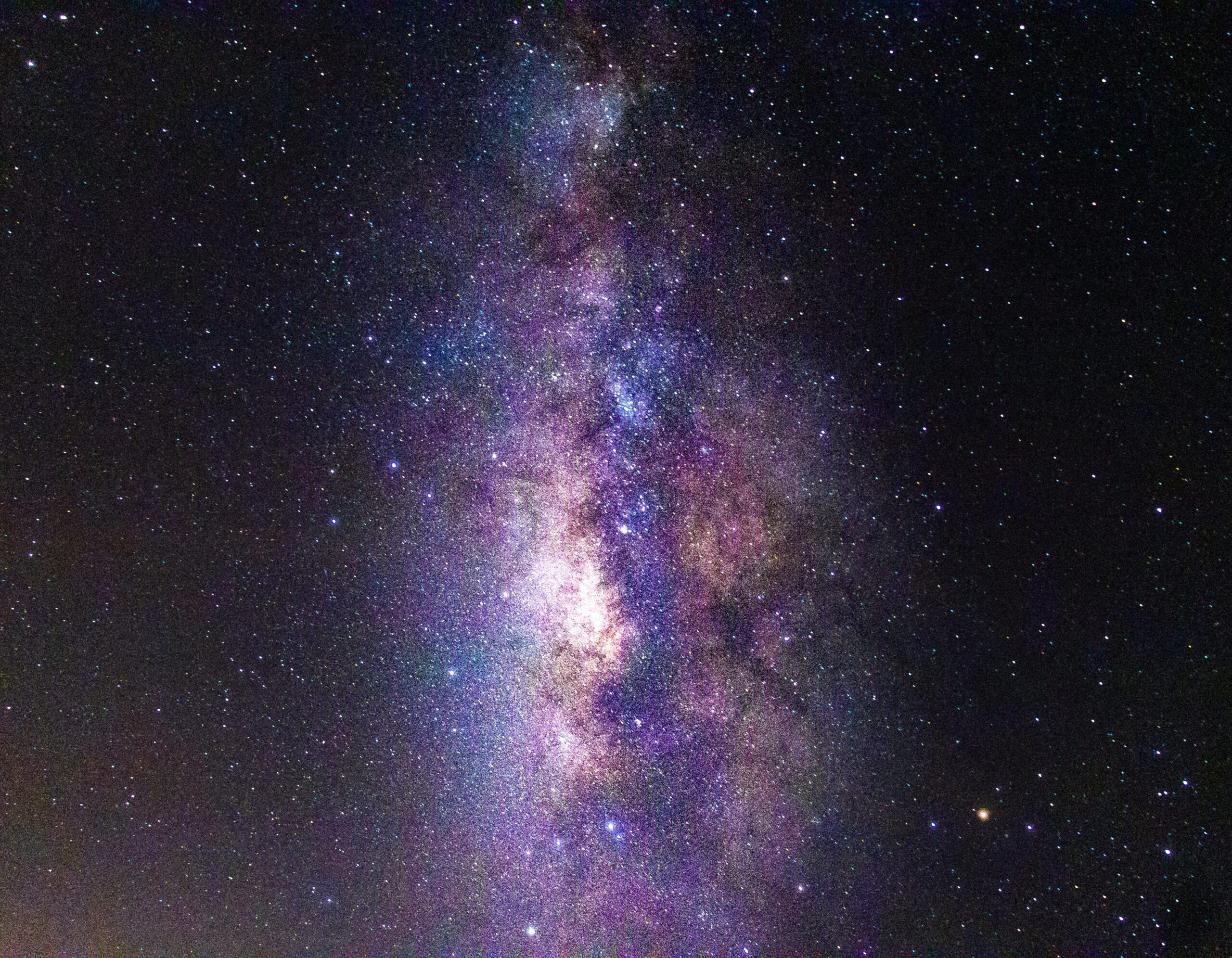
When the air is clean and light pollution is kept to a minimum, we can see the heavens declaring the glory of God.
Questions to think about
- When was the last time you saw the sky on a moonless night, maybe in an area without much light pollution? How did you feel?
- How have you, or the people close to you, been affected by the damage humankind has inflicted on creation – e.g. air or water pollution, biodiversity loss, drought and flood. (If no one in your group is/has family in the majority world, ask – how are people in the majority world affected?)
- Have you seen the triangular relationship between God, people and land before? How can it contribute to our thinking about creation care?
- What have you tried to do yourself to look after creation? What worked? What didn’t work? What did you enjoy? What was hard but seemed worthwhile?
Taking it further
- Good news for God’s earth? The church and creation care – talk by theologian Dave Bookless. Or explore more Faraday lectures.
- Eco Church is a project of A Rocha UK, a Christian conservation and education charity.
- Hilary Marlow, The Earth is the Lord’s: A biblical response to environmental issues (Grove Books, 2008) – a great short summary of the basic theology on this issue.
- Explore a range of other creation care organisations and resources for churches recommended by Faraday Churches.
This article is reproduced with permission from patreon.com/faradaychurches

